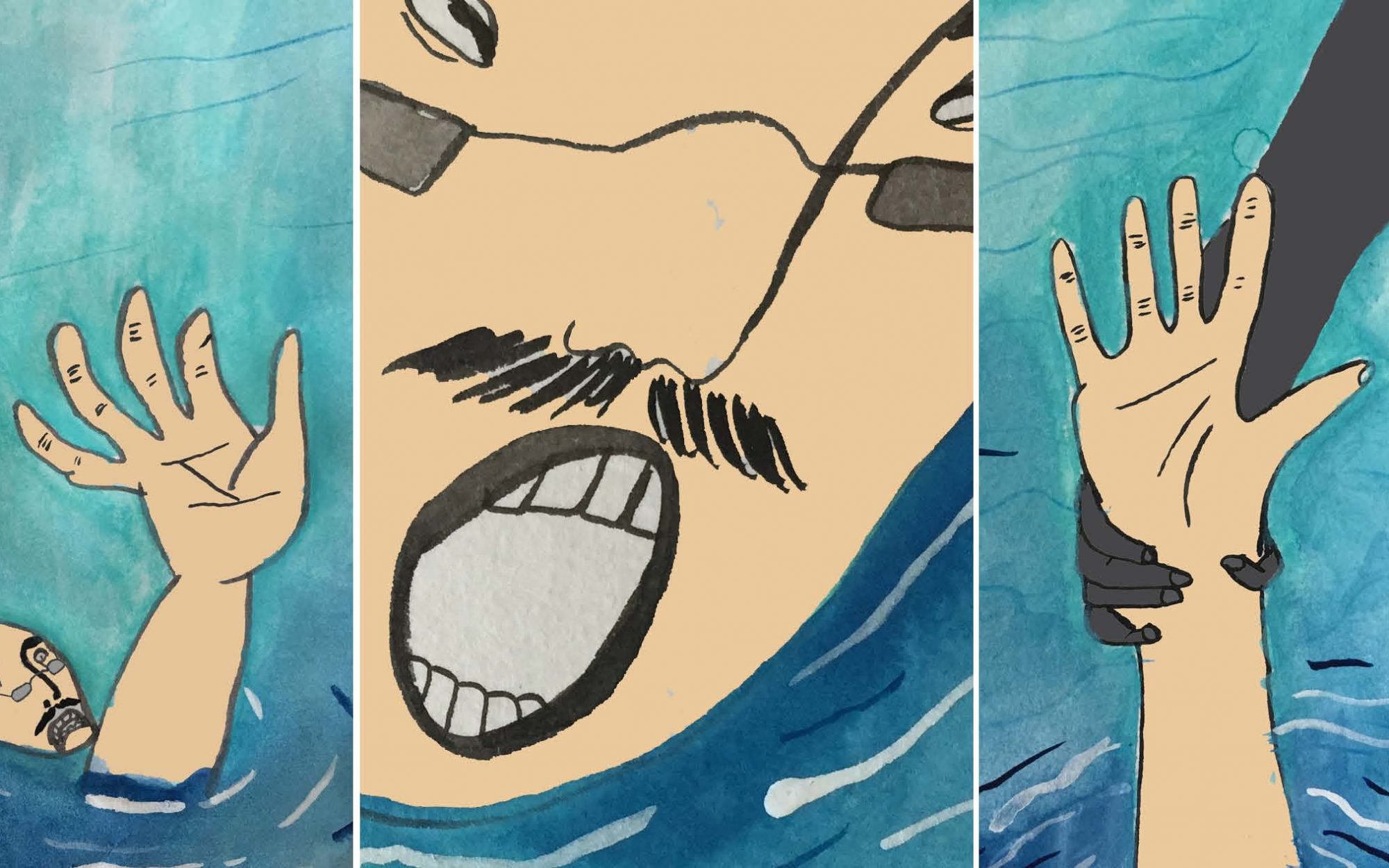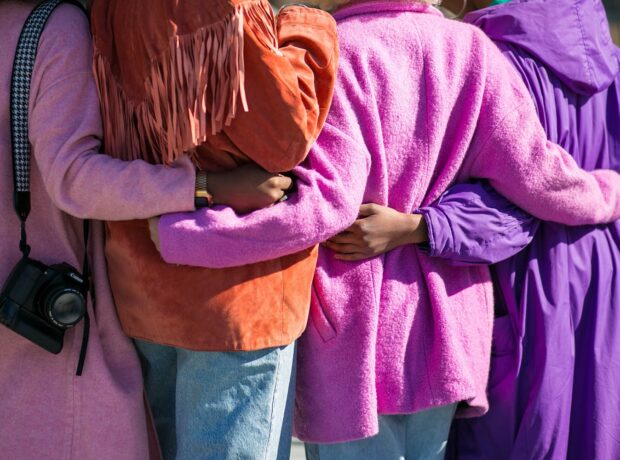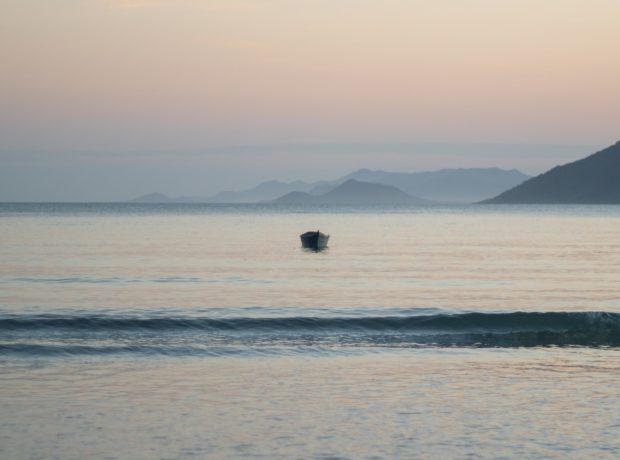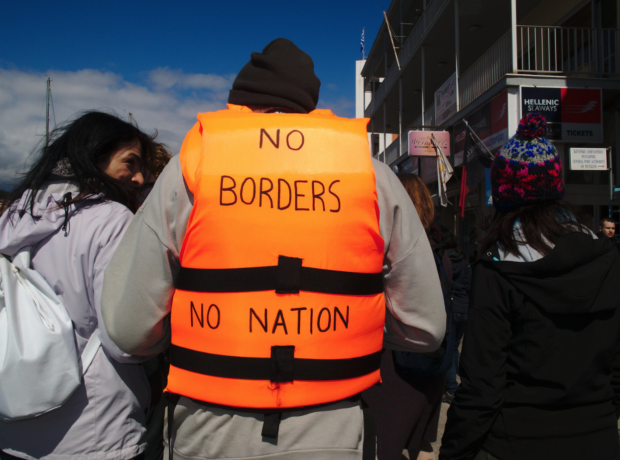This week we return to migration against the backdrop of the worsening refugee crisis across Europe. More than 100,000 people have reached Europe by sea this year and the numbers increase daily, according to UNHCR stats. In the face of such numbers, European governments still flail.
As we go to press today the French government is evicting refugees from their flimsy shelter in Calais, leaving them destitute and homeless. Angela Merkel has promised to continue welcoming refugees in Germany, but the European Commission has yet to float workable plans to support Greece. Then you have David Cameron negotiating for reduced welfare benefits for poorer European Union migrants who come to the UK to work. Each government works alone when what’s needed is a coherent plan. The plans in place are designed to create a hostile environment for refugees and migrants, but they won’t stop people moving. Israel’s treatment of sub-Saharan African refugees, some of whom end up in Europe, is a case in point. In Trapped: Eritrean and Sudanese Refugees in Israel Naomi Clugston reports on the Holot detention camp in Israel where the government arbitrarily detains asylum seekers. They are kept waiting in limbo and denied refugee status, which makes it difficult for them to work or move on. Even outside the camp they face racism and discrimination.
Elsewhere we focus on Britain’s use of immigration detention. After months of delay, the government finally published the Shaw review last month, which urged the government to use less detention. In The Man in Room Six I interview a mentally ill detainee who is seriously disturbed by the death of a fellow detainee. His detention raises important questions about the government’s use of the policy. Detention Without Walls is a short documentary which tells the individual stories of former detainees. Simply told, this short film explores the frustrations of life after immigration detention: the difficulties of finding work, breakdown in family relationships, lingering mental health problems.
As the number of people detained in Britain rises, a growing movement of ordinary people have begun to challenge the system. In Protesting Detention Keira Koroma meets some of these protestors at an action outside Yarl’s Wood immigration detention centre.
Art is also being used to challenge our thinking on immigration. In About North Korea Charlotte Bailey interviews playwright Mia Chung about her new play ‘You For Me For You’, which tells the story of two sisters from North Korea. Using extensive research and humour, Chung attempts to bring to the life the psychological battles facing migrants fleeing horrific circumstances.
In Uprooting Clare Lavery challenges the stunted use of language in the mainstream media when it comes to discussing migrants and migration. Her poem ‘Uprooting’ explores the notion of movement, searching for a home and finding a new voice amid the hate and anger often directed towards migrants and refugees.
Banner photo by Kathrin Steinbacher



